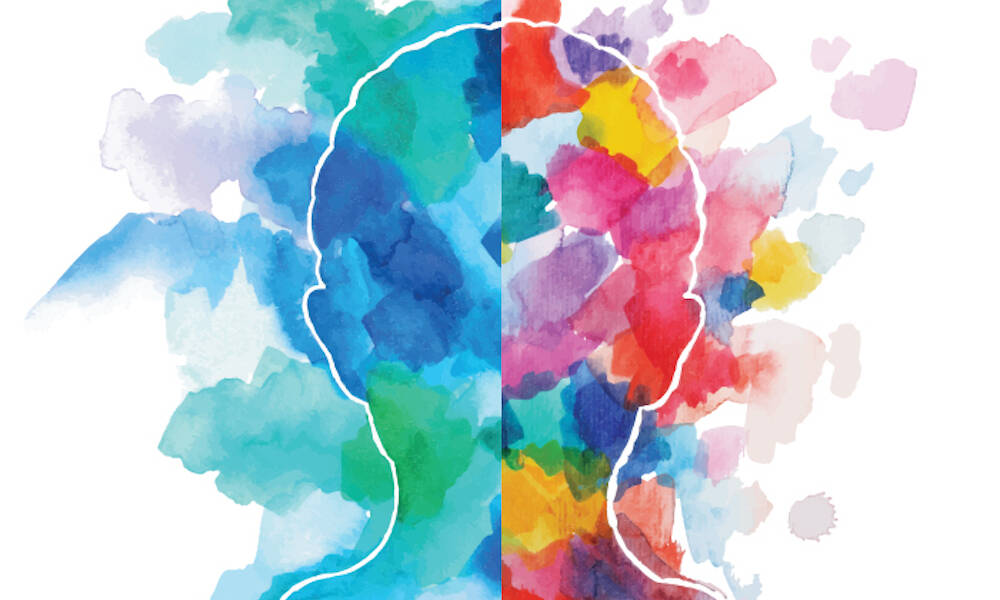
Meeting Professionals and Mental Health
Does the meetings industry have a mental health problem?
By Beth Surmont, CAE, CMP
Do you ever have a moment when you pause and think, “I have no idea what I’m doing?” I know I do. Just a second where I step back and wonder how I actually got to this point in my career, and what the next turn is. When you work in a space where you are inventing new things there is no roadmap to follow. I have to rely on my experience and on all the times I’ve tried and succeeded, and tried and failed, to know what to try next.
When I have these moments, I often get stuck listening to the little voice in my head telling me that I’m a fraud, and I’m not good enough. This is imposter syndrome. Imposter syndrome is when you feel inadequate and fake, even when you are successful.
I have the added bonus of clinical depression, so my imposter syndrome is amplified by my skewed brain chemistry. I get to enjoy a constant running monologue of self-doubt, feelings of worthlessness, and generally feeling sad for no understandable reason.
I have lots of tools to manage this, including medication and meditation. And sometimes my depression is my superpower. When I feel that I’m not good enough it means I keep pushing myself harder to deliver.
I’m not telling you this for sympathy. I’m wondering if this is a pervasive issue in our industry.
As I’ve been spending time with my industry friends, I’m hearing a lot of the same patterns. I’m wondering if people drawn to be event professionals have a tendency towards depression. If I focus on a sample size of me and my friends, here is what I see:
- An overwhelming need for control
- A desire to hold tight to all of the small details
- A propensity to get upset when something deviates from the plan
- A need for unobtainable perfectionism
- A behind-the-scenes personality that tends to shy away from the spotlight
- A mind that is always running scenarios for what could go wrong
One other factor that I think gets added in is the unhealthy lifestyle that we keep. Very long work hours. Imbalance with work and life, especially in the weeks prior to the event. Lack of nutrition and sleep onsite. And self-medication with alcohol.
So, what’s the point of calling this out? I want you to know you aren’t alone. I want you to know that I’m not just feeling this myself, but I’m hearing it from many others.
And I think we need to look at how we fix this as an industry. We need to give ourselves tools for coping. We need to set expectations for wellness as a measure of personal success. We need to give ourselves permission to ask for help if needed.
At 360 Live Media, we look at what events provide through the 4 Dimensions: physical, physiological, emotional, intellectual. I think we need also need to look at what we are providing ourselves in these 4 Dimensions:
- Physical: we have the things we need to do our jobs
- Physiological: nutrition and sleep
- Emotional: meditation, moments to breathe, recognition of stress
- Intellectual: opportunities to grow and be our best
And finally, I think it’s ok to admit sometimes that we don’t know what we are doing. This is what leads to innovation. When you take a step back and realize that you are unsure of the path forward it can lead you to create something new.
If you or someone you know needs some additional help, there are a number of resources available. Contact your doctor or visit any of these links for helplines and more information:
https://screening.mhanational.org/screening-tools/depression
https://www.nami.org/Find-Support
https://www.samhsa.gov/find-help/national-helpline
https://suicidepreventionlifeline.org/
Interested in more? Subscribe to“Otter Talk,” a bi-monthly newsletter that highlights trends, ideas, and actionable takeaways for your association events, written by an experienced member of the planning community who has lived the “planning life.”
Beth Surmont, the Director of Experience Design for 360 Live Media, has nearly 20 years of professional planning experience. A Certified Meeting Planner (CMP) since 2008 and Certified Association Executive (CAE) since 2016, Beth has worked in both the corporate and nonprofit sectors and has a wide range of knowledge, with experience in almost every aspect of meeting planning, from registration, to logistics, to program management and production.
(Getty Images)





